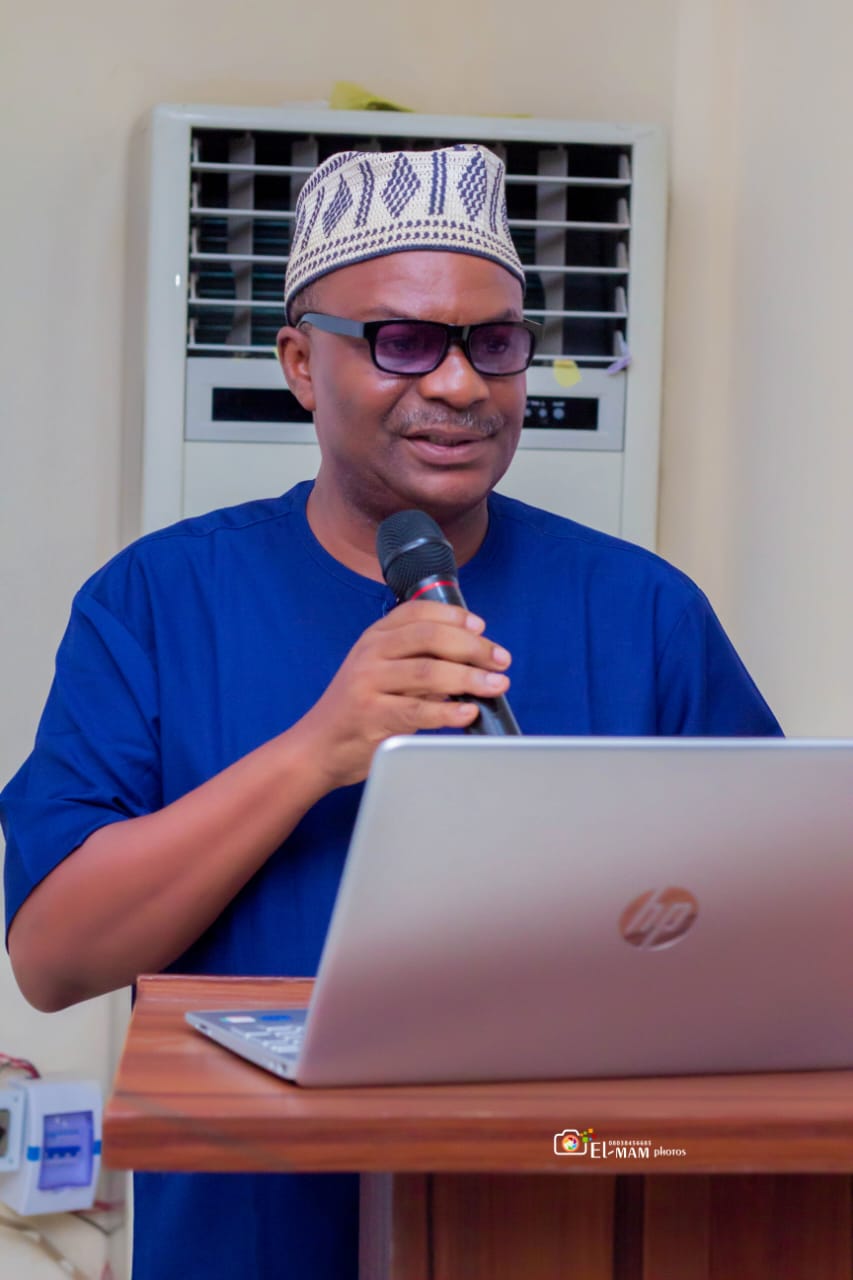The United Nations Educational, Scientific and Cultural Organisation, UNESCO, and Media Awareness and Information for All Network, MAIN, have extended its training workshop for Media Chief Executives and Content Creators on integrating Media and Information Literacy, MIL, into editorial policy to southern Nigeria.
The training workshop held on from June 4 to 5, 2025 in Uyo, the Akwa Ibom State capital, was declared open by the state’s Commissioner for Information, Mr. Aniekan Umanah.
The Director of the National Broadcasting Commission, NBC, Uyo zone, Mr Henry Asagba, declared the training close at the end of the second day.
The Executive Secretary of the Broadcasting Organisation of Nigeria, BON, Dr. Yemisi Bamgbose, was also in attendance.
The commissioner thanked the organisers of the workshop aimed at strengthening ethical media practice amongst practitioners.
Mr. Umanah highlighted the threat of conflict and disturbance of public peace when misinformation, disinformation and hate speech are disseminated through media.
He emphasised the need for Editors and other gatekeepers to always cross check the sources of their information before the dissemination of such stories to the public.
The commissioner further reaffirmed the commitment of the Akwa Ibom State government to supporting the media and their commitment to ethical journalism.
The Head of UNESCO, Abuja Office, Mr Albert Mendy, represented by Ms Yachat Nuhu explained that presently, the world is witnessing an accelerated transformation in the media and communication landscape driven not only by digital technologies but increased Artificial Intelligence.
READ ALSO: How we intercepted illicit drug packaged as green tea -NDLEA
He stated that the Artificial Intelligence offers unprecedented opportunities for innovation in news production, content distribution as well as audience engagement.
“UNESCO has consistently advocated for a human-centered and ethical approach to AI, aligned with human rights, transparency, and accountability. Here in Nigeria, UNESCO Abuja office has been at the forefront of advancing MIL,” she said.
Ms Yachat said further that media professionals were not only conveyors of information, but guardians of truth, champions of democratic values, and pillars of civic education.
“That is why this training workshop is not just another event, it is a strategic intervention aimed at equipping media professionals with the critical thinking skills, ethical grounding, and practical tools they need to navigate complex information environments responsibly and effectively,” she said.
Also, the chairman, Media Awareness and Information for all Network, Professor Jide Jimoh represented by Professor Charles Obot of the University of Uyo, highlighted the menace of misinformation, disinformation, malinformation, fake news, hate speech and related harmful communication.
“With such a phenomenon hovering over us and popping up with constant alacrity, the need for action becomes obvious. It is in this light that MAIN partnered with UNESCO to organise this training, among other initiatives, to stem the tide by awakening our consciousness and providing us with the required skills to tackle them without causing harm to society in the process,” Prof Jide said.
The Director of NBC Uyo Zone, Mr. Henry Asagba, thanked UNESCO and MAIN and acknowledged the timeliness and appropriateness of the training in view of widespread misinformation and disinformation in the media space.
Asagba stressed the need for all media houses to adopt the competencies of MIL in news production and dissemination to get more Public confidence.
“I call on media organisations to adhere to the competencies of MIL, and the principles of truth and fairness in their media content production and dissemination,” Asagba added.
The Executive Secretary of BON, Dr. Yemisi Bamgbose, said that the workshop was apt as it would help end the era of bias, misinformation and disinformation in the media landscape.
He called on media chief executives to prioritise public interest and media ethics above any other consideration.














